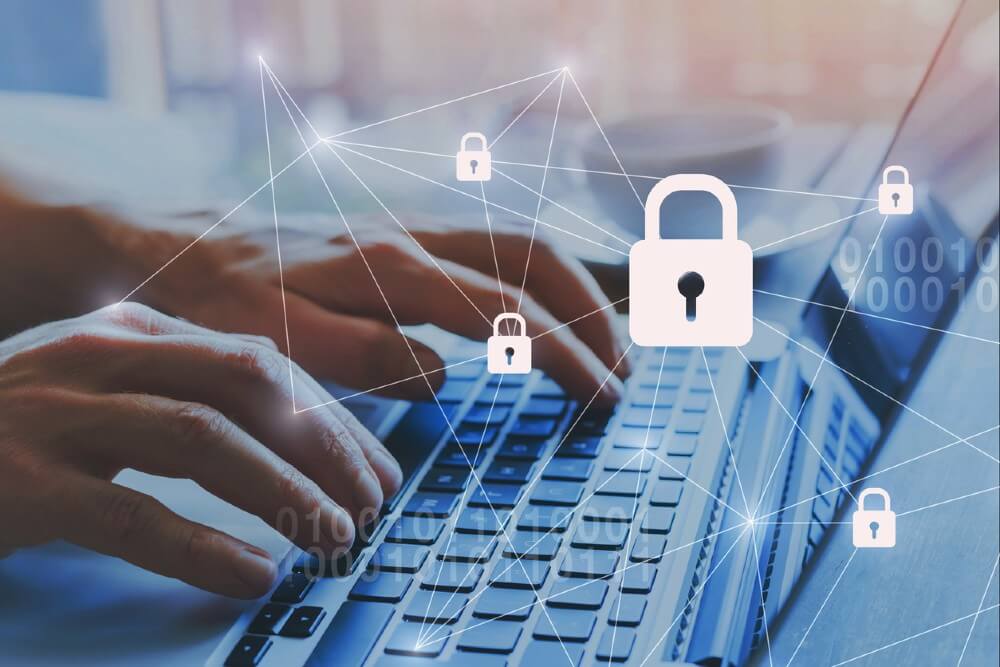In today’s digital age, protecting personal information and online security is crucial. With the increasing amount of cyberattacks and identity theft cases, it’s essential to take steps to protect yourself from online threats. In this article, we’ll discuss some best practices for improving your online security and safeguarding your personal information.
- Use Strong Passwords
One of the most effective ways to protect your personal information is by using strong passwords. Avoid using simple and common passwords, such as “password” or “123456.” Instead, create complex passwords with a combination of uppercase and lowercase letters, numbers, and symbols. Consider using a password manager to generate and store your passwords securely.
- Enable Two-Factor Authentication
Two-factor authentication adds an extra layer of security to your online accounts. This feature requires a second form of identification, such as a text message or phone call, in addition to your password. Enabling two-factor authentication makes it more difficult for hackers to gain access to your accounts.
- Keep Software Up-to-Date
Keeping your software up-to-date is crucial for improving online security. Software updates often include security patches that address vulnerabilities and protect against cyberattacks. Be sure to update your operating system, web browser, antivirus software, and other programs regularly.
- Avoid Public Wi-Fi Networks
Public Wi-Fi networks can be risky as they are often unsecured, making it easy for hackers to intercept your data. Avoid using public Wi-Fi networks for sensitive activities, such as online banking or shopping. If you must use public Wi-Fi, use a virtual private network (VPN) to encrypt your data and protect your privacy.
- Be Careful What You Click
Phishing scams are a common online threat that involves tricking users into revealing personal information or downloading malicious software. Be cautious when clicking links in emails, text messages, or social media posts, and avoid downloading attachments from unknown sources.
- Monitor Your Online Accounts
Regularly monitoring your online accounts can help you detect suspicious activity and prevent identity theft. Check your bank statements, credit reports, and online accounts for any unauthorized activity. If you notice any suspicious activity, report it immediately.
In conclusion, improving your online security and protecting personal information is essential in today’s digital age. By following these best practices, you can significantly reduce the risk of cyberattacks and identity theft. Remember to use strong passwords, enable two-factor authentication, keep software up-to-date, avoid public Wi-Fi networks, be careful what you click, and monitor your online accounts regularly. Stay safe online!
